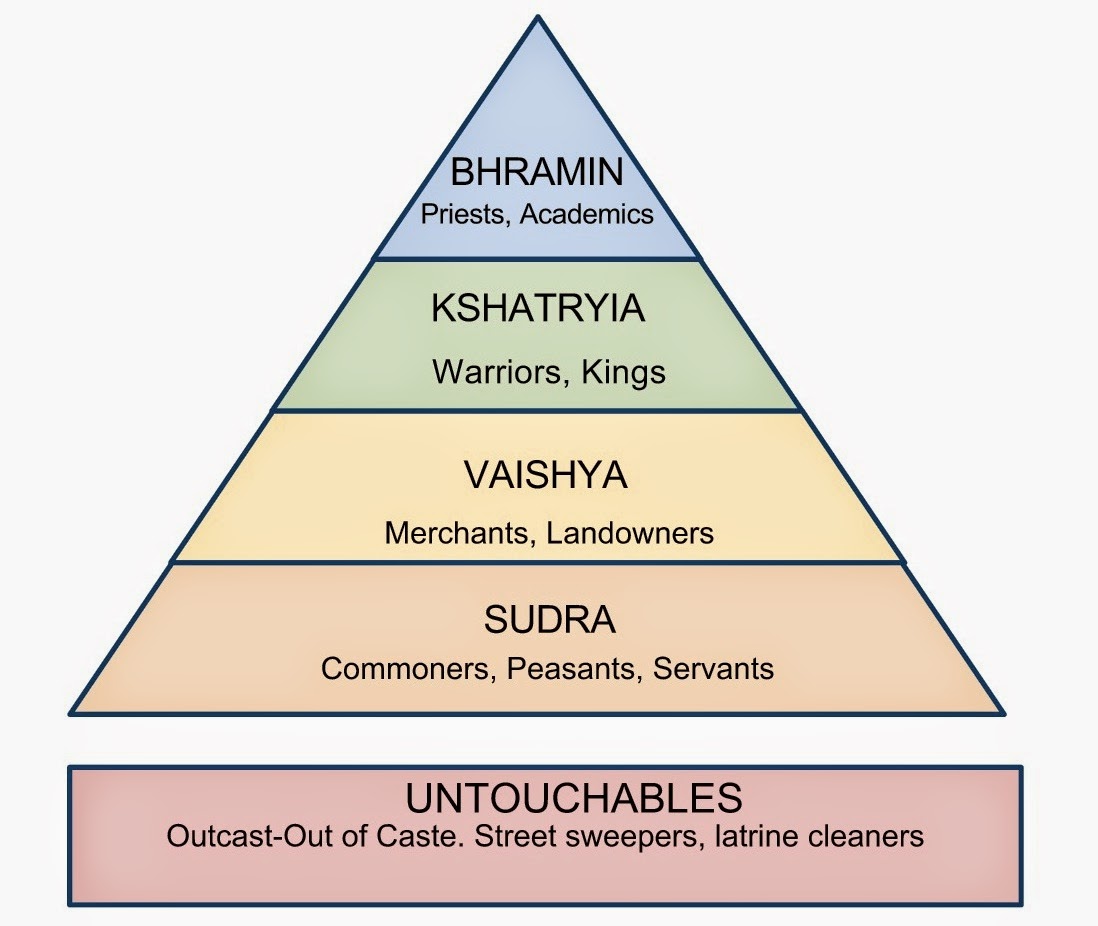Caste names play a pivotal role in the social fabric of various cultures, particularly in South Asia. They are not just labels; they are steeped in history, tradition, and identity. Caste names can indicate one's social status, profession, and sometimes even geographical origin. In many communities, caste names are inherited, passed down through generations, and can influence marriage, education, and job opportunities. Understanding these names can provide insights into the societal structures and norms of different cultures.
Throughout history, caste names have been a source of pride for some and a point of contention for others. They can symbolize community belonging and cultural heritage while also being associated with discrimination and social stratification. As societies evolve, the perception and significance of caste names are also changing. Many individuals and organizations are advocating for the reduction of caste-based discrimination, which has led to an ongoing dialogue about the relevance and implications of caste names in contemporary society.
Moreover, the globalization and migration of communities have introduced a new dimension to caste names, merging traditions and practices across borders. This evolving landscape makes it imperative to explore the meanings, origins, and current relevance of caste names, fostering a deeper understanding of cultural identities. As we delve into this topic, we will uncover the complexities surrounding caste names and how they continue to shape lives and communities today.
What Are Caste Names and Their Origins?
Caste names typically arise from traditional occupations, geographical locations, or specific characteristics. They are commonly found in countries like India, Nepal, and Sri Lanka, where caste systems have been historically significant. The origins of caste names can often be traced back to ancient texts, including the Vedas and Puranas, which categorized people based on their roles in society. Over time, these classifications became rigid, leading to the establishment of a complex social hierarchy.
How Do Caste Names Influence Society?
Caste names can have a profound impact on various aspects of life, including:
- Social Status: Caste names often determine an individual's perceived social standing within a community.
- Marriage: Many communities practice endogamy, where individuals marry within their caste, reinforcing social boundaries.
- Employment Opportunities: Certain professions are traditionally associated with specific caste names, influencing career choices.
- Political Representation: Caste affiliations can shape political identities and influence electoral outcomes.
What Are the Different Caste Names Across Cultures?
The diversity of caste names reflects the rich tapestry of cultures around the world. Some notable examples include:
- Brahmin: Traditionally priests and scholars in Hindu society.
- Kshatriya: Warriors and rulers, responsible for protection and governance.
- Vaishya: Merchants and landowners, involved in trade and agriculture.
- Shudra: Laborers and service providers.
- Dalit: Historically marginalized communities, formerly referred to as "Untouchables."
Can Caste Names Change Over Time?
Yes, caste names can evolve due to various factors such as social reform movements, inter-caste marriages, and globalization. Many individuals and communities are actively working to challenge and change the caste system's rigid boundaries. As societal attitudes shift, some individuals choose to adopt new caste names or reject traditional labels altogether in favor of broader identities.
How Are Caste Names Relevant in Modern Society?
In today's globalized world, caste names continue to hold significance, but their interpretation and implications are changing. Many people advocate for equality and social justice, aiming to dismantle the oppressive structures associated with caste. This has led to an increased awareness of caste discrimination and a push for policies that promote inclusivity and equity.
What Role Do Caste Names Play in Identity Formation?
Caste names contribute significantly to an individual's identity. For many, they embody cultural heritage and family lineage, providing a sense of belonging. However, for others, caste names may evoke feelings of exclusion and discrimination. The interplay between caste identity and personal identity is complex, as individuals navigate their relationships with their caste affiliations in various social contexts.
What Are the Future Prospects for Caste Names?
The future of caste names is uncertain, as ongoing social movements challenge traditional norms and push for equality. As awareness surrounding caste-based discrimination grows, it is likely that the significance of caste names will continue to evolve. The younger generation, in particular, is increasingly questioning inherited caste affiliations and advocating for a society where individuals are valued based on their character and contributions rather than their caste identity.
Conclusion: The Path Forward for Caste Names
In conclusion, caste names are more than mere labels; they are deeply embedded in cultural narratives and social structures. While they can signify identity and belonging, they also carry the weight of historical injustices. As society progresses, it is essential to foster conversations about caste names and their implications, paving the way for a more inclusive future. Through education and advocacy, communities can work towards dismantling the barriers that caste names have historically imposed, ultimately fostering a society where diversity is celebrated and everyone is treated with dignity and respect.
Celebrating Life: The Magic Of Happy Birthday And God Bless You Images
The Life And Legacy Of Sarah Rose Karr
Timeless Talents: Celebrating Famous Male Actors Over 50


